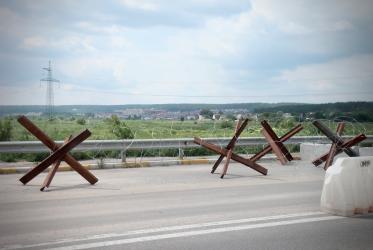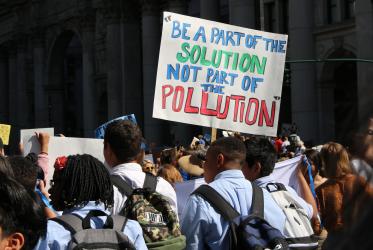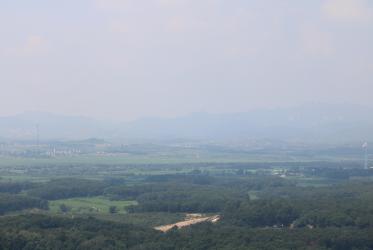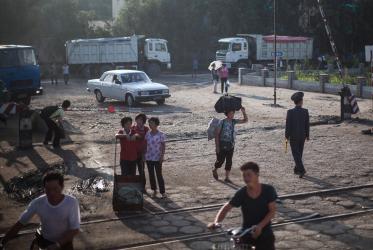Displaying 1 - 20 of 49
07 February 2024
Répondre aux besoins humanitaires en Ukraine
27 September 2022
Ukraine: Responding to humanitarian need
08 September 2022
Unity is key when health crisis poses new challenges in Asia
28 February 2022
WCC condemns massacre of farmers in Philippines
12 April 2019
Le COE condamne le massacre de fermiers aux Philippines
12 April 2019













